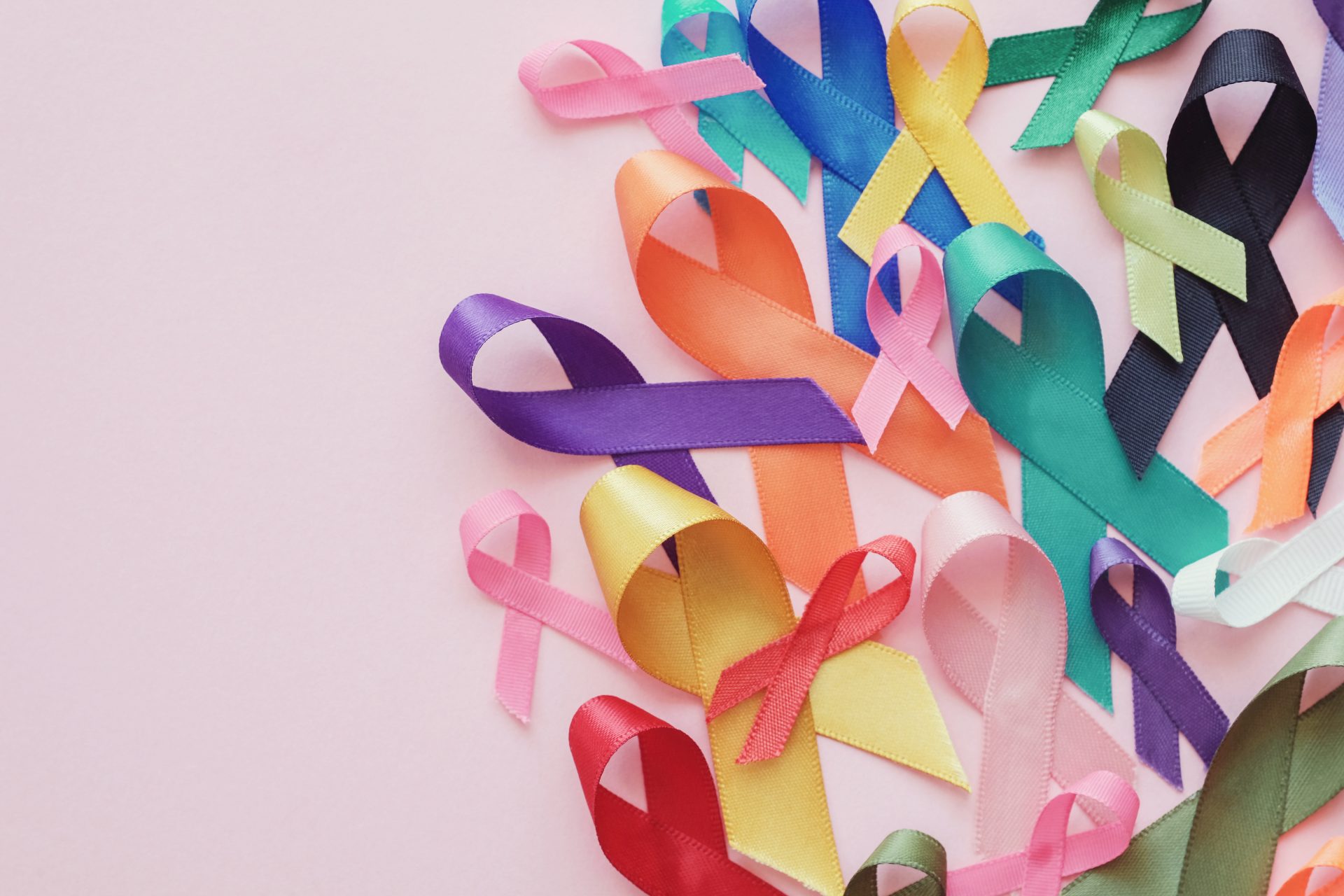|
Only have a minute? Listen instead
Getting your Trinity Audio player ready...
|
February is the month we show our love to the special people in our lives. As you spend time with family, friends and loved ones this Valentine’s Day and throughout February, remember that showing you care about someone goes beyond flowers and chocolate. Show them how much they mean to you by prioritizing their health, checking your mate for possible signs of cancer and checking in with your mates to ensure they are making and keeping necessary medical appointments.
It is projected that U.S. cancer cases will top 2 million for the first time this year. In Texas alone, an estimated 148,000 will be diagnosed with cancer in 2024.
Checking your mate is an easy step in detecting cancer early, increasing your chances for survival. What does “check your mate” mean? The Prevent Cancer Foundation coined this phrase as a way to encourage Americans to look for changes on their partners’ bodies.
Often, a significant other is the one to find an irregularity that had gone unnoticed. You might be able to notice changes on your partner’s body that could indicate breast, testicular or skin cancer.
If something unusual is found, be sure to have it checked out by your health care provider.
Checking your mate is a way to get to know your partner’s body and perhaps notice if something seems off, but it should not replace routine cancer screenings. The best way to detect cancer early and increase your chances for better outcomes is to get the routine cancer screenings and checkups recommended for you. Routine cancer screenings for breast, cervical, colorectal and lung (for those at high risk) can help detect cancer early (even if you have no signs or symptoms), increasing your chances of survival. You may also require less extensive treatment or have more treatment options. Talk to your health care provider about additional screenings and checks you may need, including skin and prostate checks and oral cancer exams.
Checking your mate is not the only way to show loved ones you care about their health:
>> Check in with your mates. Make sure sure your friends and family know what routine cancer screenings they need. An extra nudge, offer to drive or invitation to coffee after the appointment might be just the motivation someone needs.
>> Schedule a routine cancer screening on the same day as a friend and treat yourself to lunch after your appointments. To find out what screenings you need, visit www.preventcancer.org/betteroutcomes.
>> Schedule your kids’ human papillomavirus vaccine appointments if they are ages 9-12. The HPV vaccine can protect against the virus that is linked to at least six types of cancer, including most cervical cancer cases.
>> Talk with your family about your family health history and how it impacts cancer risk. Most people who get cancer don’t have a family history of the disease, which is why screening is so important — but a personal or family history of cancer or certain other diseases may increase your risk.
February is a great time to show self-love as well as love to those close to us, but your health should be a year-round priority. Share this information with your loved ones and encourage them to keep up with their routine cancer screenings and vaccinations. To learn more about cancer prevention and early detection, visit www.preventcancer.org.
Lorena Saenz Gonzalez is the spouse of Congressman Gonzalez and a member of the Prevent Cancer Foundation’s Congressional Families Cancer Prevention Program.






